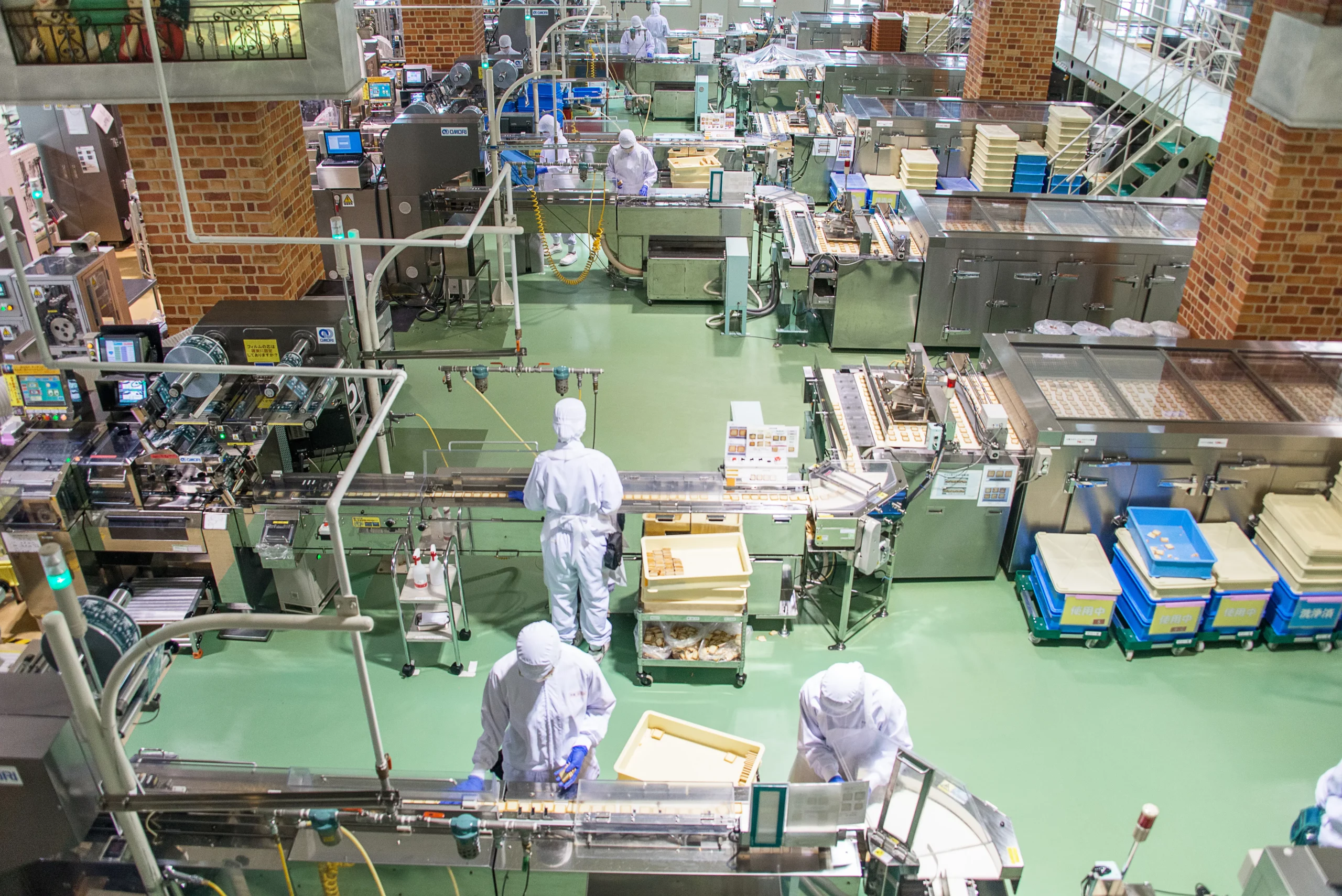
As the food and drink industry continues to evolve, a number of key trends have proved significant in shaping its trajectory. Five in particular have come to the fore: sustainability, transparency, efficiency, digitalisation and the importance of difference. These trends are being driven by a combination of factors ranging from market trends to shifting consumer preferences, growing attention and education on everything from nutrition and food production to climate change, and regulatory changes that are affecting change at the regional and global level.
Sustainability in the foreground
One of the most prominent trends in the food and drink industry in recent years, from processing to packaging, branding and beyond, is sustainability. Consumers are becoming increasingly aware of the environmental impact of their product choices, covering everything from what products are made from to how they are made. A 2021 Nielsen report found that 81% of respondents worldwide believe companies have a role to play in improving the environment - and with close to a third of human-caused greenhouse gas emissions attributed to food production, it's clear that the industry's ability to prioritise sustainability is key to responding to this demand for positive change.
This heightened environmental concern has led to a surge in demand for plant-based products and alternative ingredients. Consumers are looking for more healthy, clean and organic options in food and drink, reflecting a growing emphasis on personal well-being.
Rise of the conscious consumer
In parallel with the shift towards sustainability, the health-conscious consumer is also reshaping the food landscape, from what they choose from the shelves to the production stage. People want to know more about the composition of their food and how it is produced, and transparency has become essential. Reports from NielsenIQ and FMI show that between 75% and 81% of shoppers consider transparency to be very important in influencing their choice of brands and producers and guiding their purchasing decisions.
This transparency has now expanded beyond ingredient disclosure to include sustainability issues. Consumers are now more interested in the origin of ingredients, sourcing practices, human rights, labour conditions and wider ethical issues. For food and beverage producers, embracing transparency has become a trust-building exercise, influencing everything from product labelling to company procedures and policies.
Efficiency as a competitive advantage
Adopting sustainability and transparency brings additional costs. Changes in processes, ingredient sourcing and labour considerations can put a strain on budgets. As a result, manufacturers are not only looking to integrate these principles, but also to implement them effectively. From managing costs to optimising the supply chain, upgrading machinery and equipment and improving production methods, finding more efficient solutions to meet consumer needs and demands has become a major challenge.
Efficiency can be a great competitive advantage that sets a manufacturer apart in a demanding industry. While sustainability and transparency are key, executing them with precision and ingenuity can make a huge difference in a sector where consumer preferences and industry standards are rapidly evolving.
Digitalisation plays a key role
Technology and digitalisation seems to be the key to improving efficiency across the board - a theme seen in many industries, from real estate and tourism to human resources, fashion and textiles, and certainly the food and beverage industry. In fact, it is in the food and drink industry that this new phase of technological development, which is changing the way we work and live, could have the greatest impact, affecting everything from the way food and drink is produced and manufactured to the way it is consumed.
Artificial intelligence and automation are enabling greater cost efficiency, smarter decisions, and tremendous innovation by improving production efficiency through optimised production schedules and supply chain management, quality control and assurance, food and product personalisation for everything from dietary requirements to food labelling, energy efficiency and waste reduction, demand forecasting and improved logistics and distribution, enhanced safety and compliance, greater traceability, innovation in
Підкреслена відмінність
Whether it is through the quality of ingredients, a commitment to sustainability, the added value consumers can derive from a product, or the way a company is operated and managed, ensuring consistency in delivering a unique value proposition has a positive impact on a business's success and market impact. From the range and quality of ingredients, sourcing methods and locations, to adding value and maintaining flexible and diverse means of production, food manufacturers that are willing to dive deep into an area excel in it, and use it to grow into market leaders.
